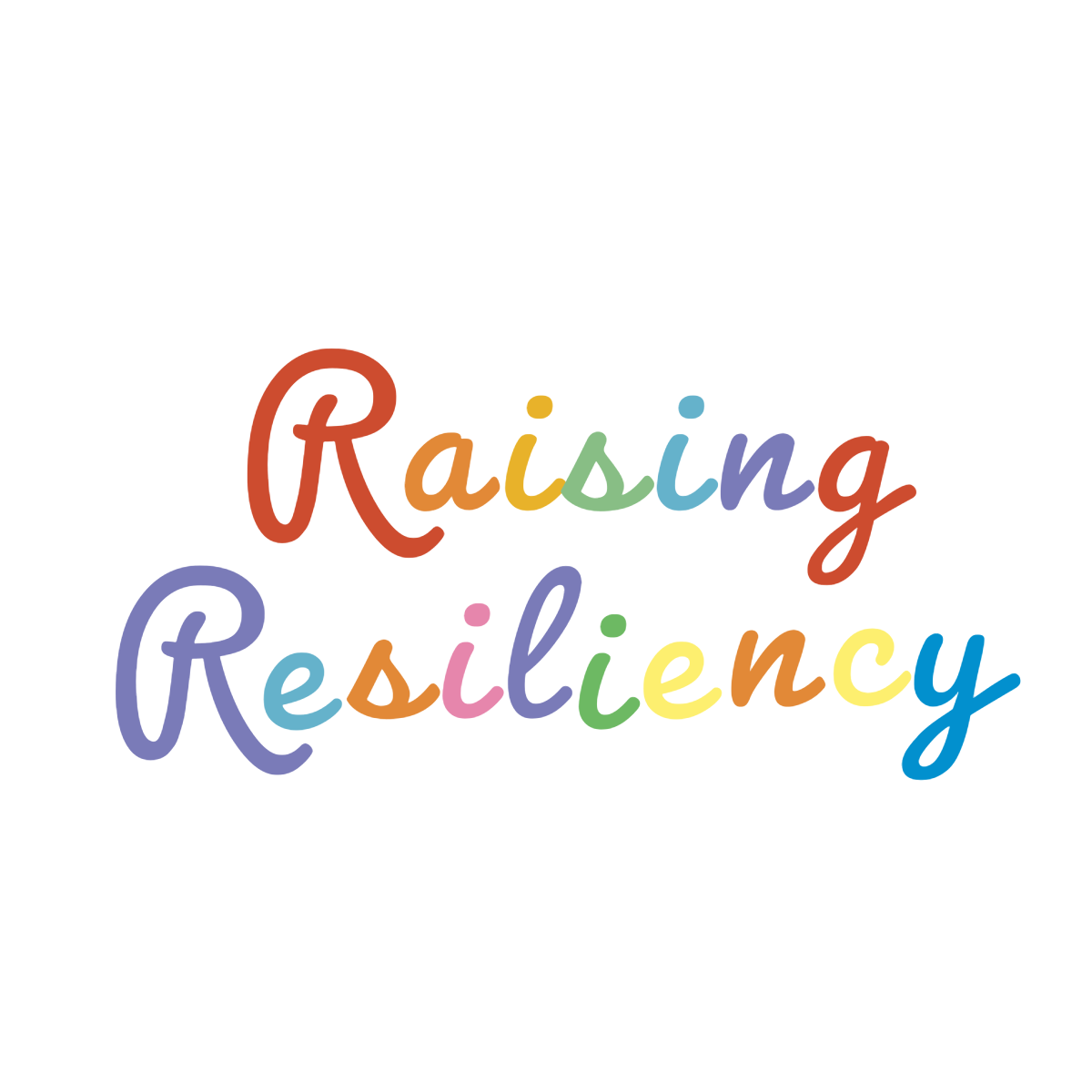READ THIS FIRST
February Parent Guide
Welcome to February’s Social-Emotional Learning (SEL) Activities! This month, we’re focusing on kindness, connection, and love—not just for others, but for ourselves too. ❤
Flexibility is Key
This program is designed to fit your family’s needs. You do not need to complete every activity or follow a strict schedule. Think of these materials as a toolbox—use what works best for your child’s age, abilities, and interests.
- Some activities may take 5 minutes, others may lead to deeper conversations.
- Feel free to simplify or extend activities depending on your child’s skill level.
- You can repeat activities if your child enjoys them or needs extra practice!
Your Participation is Essential
These activities are not designed to be independent, busy work. They are meant to strengthen your connection with your child while teaching important SEL skills.
Discussion prompts are a powerful part of this program. The real magic happens in the conversations you have together!
Your child learns emotional skills through YOU. Your engagement, encouragement, and modeling will help them grow in ways no worksheet ever could.
There is no ‘right way’ to do these activities. Follow your child’s lead, adapt as needed, and most importantly—have fun!
Printables: Can be reused all month long!
Several activities include reusable printable resources, such as:
✔ Emotion Cards – Used for Emotion Charades, Heartfelt Stories, and other discussions.
✔ Scenario Cards – Used for problem-solving, role play, and social skills practice.
Print these once and use them multiple times! They’re designed to be flexible tools that can support learning all month long.
Prefer everything in one easy download? Check out the All-in-One February Workbook, which includes all this month’s activities in a single PDF.
Start with the February Calendar: Acts of Kindness
This month’s calendar is filled with simple daily acts of kindness to encourage generosity, empathy, and connection.
Why start here? Because kindness is a skill—the more we practice it, the stronger it gets! Using this calendar all month long helps grow this skill over time.
Encourage your child to notice how kindness feels. Do they feel proud? Happy? Connected?
✔ Follow it daily, or pick and choose activities.
✔ Make it a family challenge—everyone joins in!
✔ Discuss the impact of kindness: “How do you think that made them feel?”
Monthly Affirmation: “I Am Loved”
Each month, we introduce a new positive affirmation to help build self-esteem and emotional resilience. February’s affirmation is:
“I am loved.”
Affirmations help kids build a strong, positive self-concept. By repeating and hearing them often, children begin to internalize these beliefs.
• Say it together every morning or before bed.
• Write it on a sticky note and place it on a mirror.
• Encourage your child to use it in tough moments: “Even when I feel sad, I am still loved.”
• Model it! Tell your child why they are loved, just as they are.
Final Thoughts & Tips
✔ You know your child best! Adapt activities in ways that feel right.
✔ Make it fun! Play, laugh, and enjoy this time together.
✔ Consistency is key. Small daily moments of connection make a big impact.
✔ Your presence matters. More than perfect execution, your engagement is what truly helps your child grow.
Thank you for making social-emotional learning a priority in your home. Let’s make this February one filled with love, kindness, and connection!
OPTIONAL MONTHLY SCHEDULE
Feel free to follow this as-is, mix it up, or go at your own pace!
Start Here:
Read the Parent Guide
Print the February Kindness Calendar
Introduce the Affirmation: “I am loved.”
Print reusable Emotion & Scenario Cards
Weekly Focus Areas
Each week, we’ll emphasize different SEL themes, making sure we cover kindness, emotions, self-love, and connection.
Week 1: Kindness & Connection
Start the February Kindness Calendar! Complete 1 act of kindness each day.
“I Am Loved” Affirmation: Repeat together daily and find creative ways to use it.
Valentine-Themed Strengths Activity: Help your child recognize their unique qualities.
Emotion Charades: Play a fun game to help your child learn about emotions in themselves and others.
Discussion Prompt: “Can you think of a time someone was kind to you? How did it make you feel?”
Week 2: Identifying & Expressing Emotions
“I Am Loved” Affirmation: Repeat together daily and find creative ways to use it.
Feelings Coloring Hearts: Match emotions to colors and explore different feelings.
Make a Face Activity: Create different emotional expressions and discuss what they mean.
Heartfelt Stories: Create stories and discuss characters’ emotions.
Discussion Prompt: “What’s an emotion that’s hard for you to talk about? How can we make it easier?”
Week 3: Self-Love & Affirmations
“I Am Loved” Affirmation: Repeat together daily and find creative ways to use it.
Strengths Identification Part 2: Cut out and reflect on strengths from last week’s activity.
Role Play: Act out scenarios where kids practice self-kindness and positive self-talk.
Discussion Prompt: “What makes you special? What do you love about yourself?”
Week 4: Family Connection & Reflection
“I Am Loved” Affirmation: Repeat together daily and find creative ways to use it.
Heart-to-Heart Conversations: Use the provided discussion prompts to deepen connections.
Valentine’s Game Night: Play an SEL game from the month as a family.
Creative Expression: Draw or journal about how kindness, emotions, and self-love make a difference.
Discussion Prompt: “What’s something new you learned about yourself this month?”
Bonus: Anytime Activities
• Groundhog Day Reflection: Discuss what it means to learn from past experiences.
• Breathing Exercises: Use the Valentine-themed breathing sheet to practice mindfulness.
• Acts of Kindness Check-In: Reflect on kindness challenges from the month.
✔ Do what works best for your family! If a week’s focus doesn’t fit, swap it.
✔ Even a few minutes a day makes a difference. No pressure to “do it all.”
✔ The goal isn’t perfection—it’s connection.

